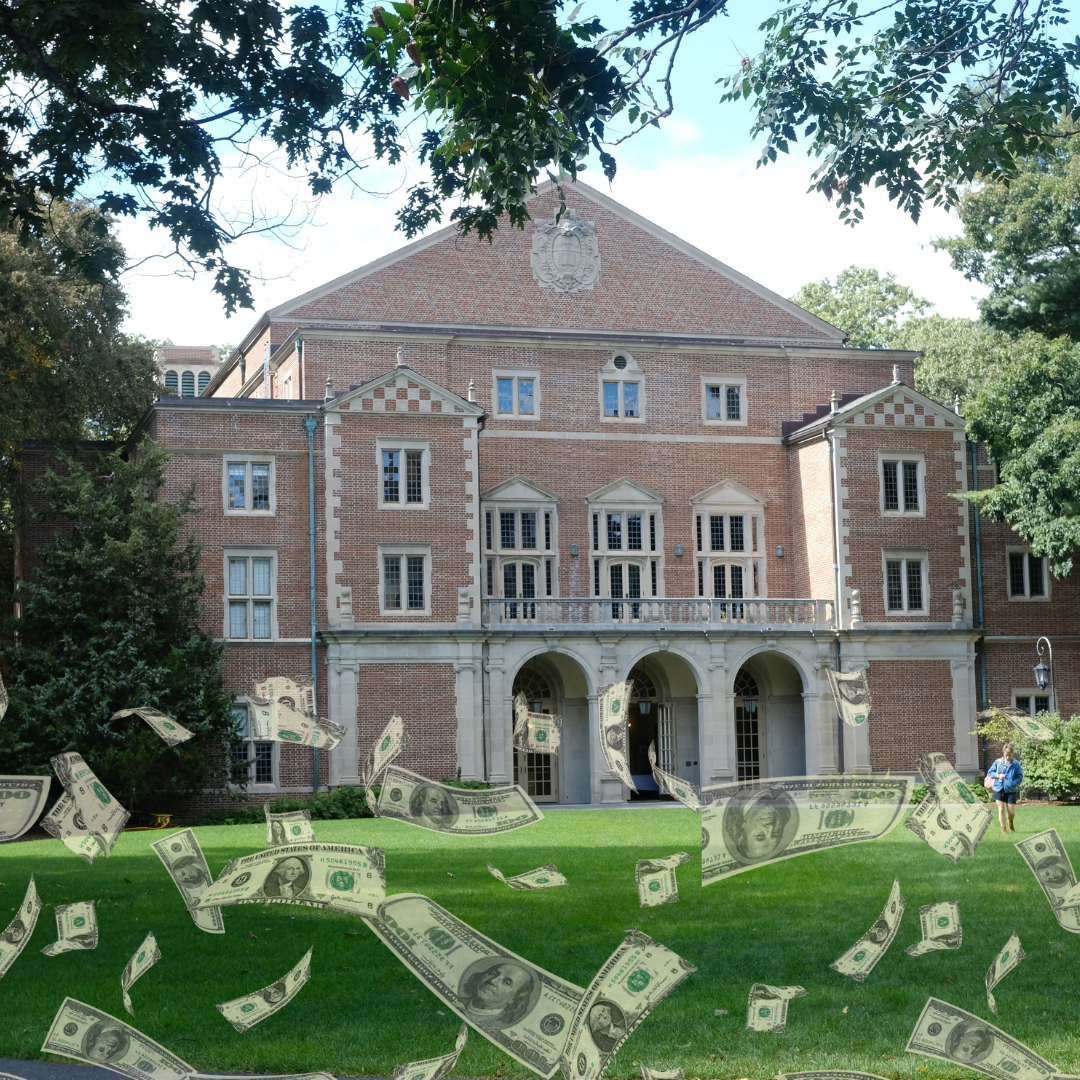Wellesley drafting formal intellectual property policy to protect rights of its community members
Since the start of this century, countries, companies and colleges alike have been scrambling to protect their intellectual property (IP) rights, a term which refers to the exclusive rights each person or group has over created works. The works that intellectual property rights apply to can include anything from musical compositions to scientific discoveries,and literary publications to choreographed dance routines. The idea of intellectual property rights has always been an important concept with the establishment of copyright laws in earlier generations but has become an increasingly acknowledged issue around the world with the invention of the Internet and the new collaborative educational programs. As Wellesley strives to incorporate modern systems into its curriculum, the college is seeing a need to protect the work of members of the community and to clarify any ambiguous points of ownership with a formal policy of its own.
In the past, IP rights had always been implied at most institutions, but now many are establishing formal policies because teaching and learning technologies have blurred formerly clear lines of ownership. Colleges like Emerson and Bowdoin have implemented policies specifically addressing uncertainty issues. Although Wellesley currently does not have a finalized intellectual property rights policy in effect, the College hopes to establish a policy by the end of this year.
Ravi Ravishankar, the chief information officer and associate dean of WellesleyX, along with the Advisory Committee on Library and Technology Policy, has drafted Wellesley’s future intellectual property rights policy, which is based on that of Bates College.
“Bates College was gracious to grant us the rights to it, and we have made changes to it to fit our own community,” Ravishankar said.
Wellesley’s own IP policy will cover works created by students, faculty, research staff and administrative staff. Excluding administrative staff, whose created intellectual property belongs to the ollege, the other members of the Wellesley community will own the vast majority of the work they produce. For example, faculty members have rights to creations classified as scholarly work, such as books or software for research, so the College does not own the rights to these creations. However, there are exceptions where the College may seek joint ownership.
“Faculty, students and research staff, for the most part, the scholarly work that they create is owned by themselves,” Ravishankar said. “There are some very important exceptions to the ownership in all cases.”
An example of one exception is when the College spends “exceptional” resources to support the creation of the intellectual property. An instance of these “exceptional resources” is the participation in MOOCs (Massive Open Online Courses). Wellesley College, which is part of edX, an organization that offers MOOCs, has faculty members teach MOOCs with their created content. Students around the globe are able to either audit the class, receive a free honor code certificate or pay a sum of money for a verified certificate. Because it takes exceptional resources like monetary funds used for videotaping lectures and monitoring discussion forums to offer a course in edX, the College may argue for rights over the contributed content. With the addition of revenue-generating verified certificates, the question of who the money goes to comes into play.
“When this happens, an agreement must be created that outlines clearly the ownership of such properties,” Ravishankar said. “If any of the intellectual property created in this fashion results in new revenues, a revenue share agreement will have to be reached between the College and the creator of the intellectual property before engaging in such activity.”
In terms of students, the proposed IP policy gives ownership of all scholarly work directly to the student who created the IP. However, if a student is employed by the College, the student is considered administrative staff and Wellesley would own the IP created by the student. The same rule applies to students employed by faculty or research staff, where any resulting scholarly works are owned by whoever is directing the research.
“The faculty member is expected to acknowledge them in the appropriate fashion,” Ravishankar adds. “These very important exceptions are also very subtle.”
In the late spring of this year, the Advisory Committee on Library and Technology Policy took the proposal to faculty, whose questions and concerns are currently being addressed. The revised version is expected to be presented to faculty again in October.
“The IP policy was shared with the faculty and based on their feedback, it is still under revision,” Ravishankar said.
He stresses that the items described above are from the current draft of the policy and may change in the final version.






